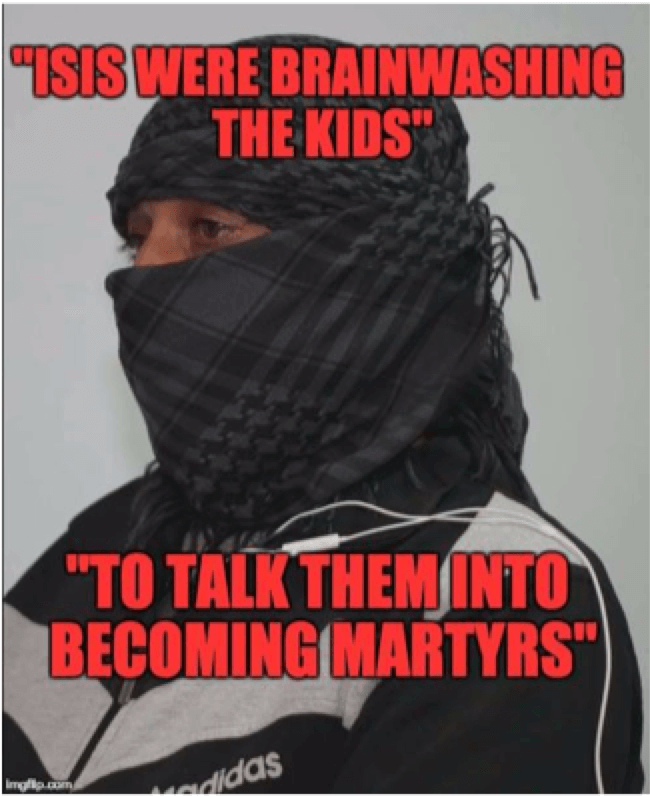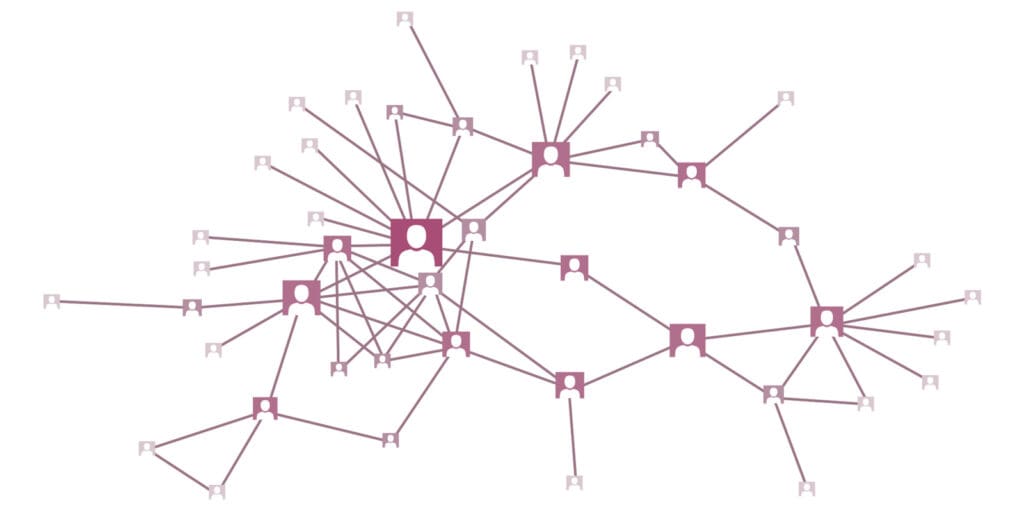Countering Violent Online Political Extremism
Blog
Fighting ISIS on Facebook – Breaking the ISIS Brand Counter-Narratives Project
June 27, 2018By Anne Speckhard, Ardian Shajkovci & Lorand Bodo This blog post synopsises a study that attempted to intervene with over fifty English-speaking Facebook accounts endorsing, promoting, and following ISIS. Methodology and Research Design For this study, several anonymized Facebook accounts were used to identify English-speaking radicalized Facebook profiles as our target for an online counter-narrative intervention. ...
Blog
The Islamic State’s Manipulation of Gender in their Online Information Operations
March 22, 2018By Kiriloi M. Ingram Since the self-proclaimed Caliphate’s inception, debate amongst scholars has ensued over whether the Islamic State’s (IS’s) muhajirat (female émigrés) would become female combatants. For example, Nelly Lahoud argues that IS is unlikely to devise a policy explicitly allowing women to engage in combat, as legitimating such a role would allow women to ...
Blog
Breaking the ISIS Brand Counter-Narratives – Part II: Ethical Considerations in Fighting ISIS Online
March 7, 2018This is the second in a two-part series; part one is HERE. By Anne Speckhard & Ardian Shajkovci Last week’s Blog post described ICVSE’s efforts directing counter narratives into the ISIS-dominated Internet space. This post discusses the ethics of attempting such interventions. As in all our work, our research ethics for Internet interventions with ISIS ...
Blog
Breaking the ISIS Brand Counter-Narratives – Part I: Intervention with Albanian Speaking Facebook Accounts
February 28, 2018This is part one of a two-part series; the second part is HERE. By Anne Speckhard, Ardian Shajkovci, Lorand Bodo & Haris Fazliu It is estimated that of the 38,000 foreign fighters who have joined Sunni militant groups, such as ISIS and al-Nusra, in Iraq and Syria, upwards of 875 have originated from the Balkans, ...
Blog
Identifying Radical Content Online
February 14, 2018By Ryan Scrivens and Garth Davies Violent extremists and those who subscribe to radical beliefs have left their digital footprints online since the inception of the World Wide Web. Notable examples include Anders Breivik, the Norwegian far-right terrorist convicted of killing 77 people in 2011, who was a registered member of a white supremacy web forum and had ties ...
Blog
How the Islamic State Uses ‘Virtual Lessons’ to Build Loyalty
December 13, 2017By André Gagné and Marc-André Argentino The Islamic State has lost most of its territory and key cities like Mosul and Raqqa, and more recently Deir al-Zour and al-Qaim, have fallen to the global coalition fighting the terrorist group. In the face of such challenges, it’s tried to maintain legitimacy through what some have called a virtual caliphate. Within ...
Blog
We Should Pay More Attention to the Role of Gender in Islamist Radicalization
November 1, 2017By Elizabeth Pearson and David Sutcliffe One of the key current UK security issues is how to deal with British citizens returning from participation in ISIS in Syria and Iraq. Most of the hundreds fighting with ISIS were men and youths. But, dozens of British women and girls also travelled to join Islamic State in Syria ...
News
VOX-Pol Workshop on Countering Violent Extremism Online and the Impact on Civil Liberties
October 31, 2017VOX-Pol convened an invitation-only workshop titled ‘Countering Violent Extremism Online and the Impact on Civil Liberties’ Berkman Klein Centre for Internet and Society at Harvard University on 23 – 24 October 2017. The purpose of the workshop was to explore the challenges and opportunities facing actors engaged in countering violent extremism online, particularly the impact of content ...
News
Media coverage of VOX-Pol Report ‘Disrupting Daesh’
August 25, 2017Maura Conway – Disrupting Daesh: Measuring Takedown of Online Terrorist Material & Its Impacts VOX-Pol Coordinator, Maura Conway, discusses the findings of VOX-Pol’s August 2017 report ‘Disrupting Daesh: Measuring Takedown of Online Terrorist Material and Its Impacts’. Twitter ‘becoming less effective’ as platform for Islamic State Twitter is becoming less effective as a platform for ...
News
Research Finds Social Media Disruption Impacting on Islamic State Propaganda
August 15, 2017In one 24-hour period, 65% of Twitter accounts tweeting out-links to IS propaganda were suspended within 17 hours Focus of online disruption on IS allows other jihadi groups to outpace them on social media VOX-Pol researchers from Dublin City University, together with colleagues from the University of Sussex, have found that the social media platform, ...









